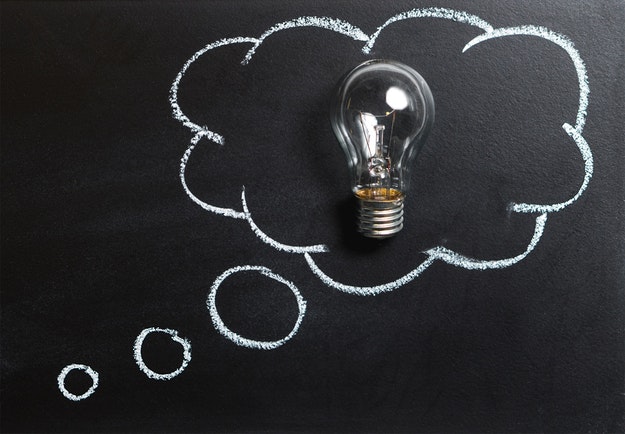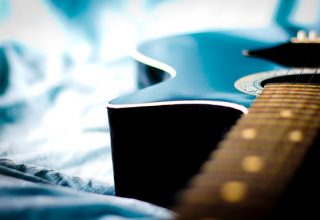If you or a loved one has been diagnosed with dementia, it’s natural to adopt a use it or lose attitude and look around for trusted approaches to help boost brain activity. Anything that provides mental stimulation is a great tool with the potential to contribute to maintaining and improving the quality of life.
As our understanding of how dementia can be best tackled has improved, it can even be tricky deciding what kind of therapy to take advantage of. One that should be on any list is music therapy – whether it’s listening, composing, performing or dancing, music therapy boosts brain activity. Let’s find out more about different ways music boosts brain activity to produce amazing results.
Emotional Response
Even in sufferers with more advanced dementia, music remains a powerful stimulus and triggers responses. Sufferers who are otherwise unreachable have been known to respond to simple questioning by recalling memories associated with the tune. Another benefit is that familiar music provides a backdrop that seems to help with motor recall and can, therefore, be used to scaffold the sufferer through daily care routines such as dressing.
Music Reaches Beyond Dementia
With our appreciation of music being so ingrained in our psyche, music acts as a portal allowing therapists and caregivers to connect with sufferers long after other stimuli cease to work. Even if the sufferer is nonverbal and loses self-awareness, there is often still some sort of visible reaction. There is even enough medical evidence to suggest there are benefits to health and well being even when the sufferer appears completely nonreactive.
It Helps Keep an Emotional Connection
Sadly, as dementia progresses, it is usual for sufferers to withdraw from emotional attachments as they struggle to recognize people and recall the relationship they have with them. But, by using music and physicality of dance it is possible to trigger and renew an emotional connection and even illicit physical contact.
It Proves Engaging
Keeping the patient engaged can be a challenge, especially in the later stages of dementia. Little and often may be the best approach. However, even singing along to the TV anytime can help. Studies show that singing activates the left side of your brain, whereas listening to a favorite tune sparks activity on the right. People who sing along as they listen and watch someone perform their favorite song on TV, it could also activate visual areas of the brain. For this, you can visit https://dementia.livebetterwith.com/collections/music-tv and buy the most appropriate dementia music players and TV to selected to boost brain activity.
Conclusion
However it happens, music has the power to revive a dementia sufferer’s connection with the world. That’s not to say, all music works with all the people. Music is as diverse as the people create it or listen to it. Music therapy used expertly and creatively to hit the right notes with the sufferer can provide the vital brain boost needed to live better with dementia.












